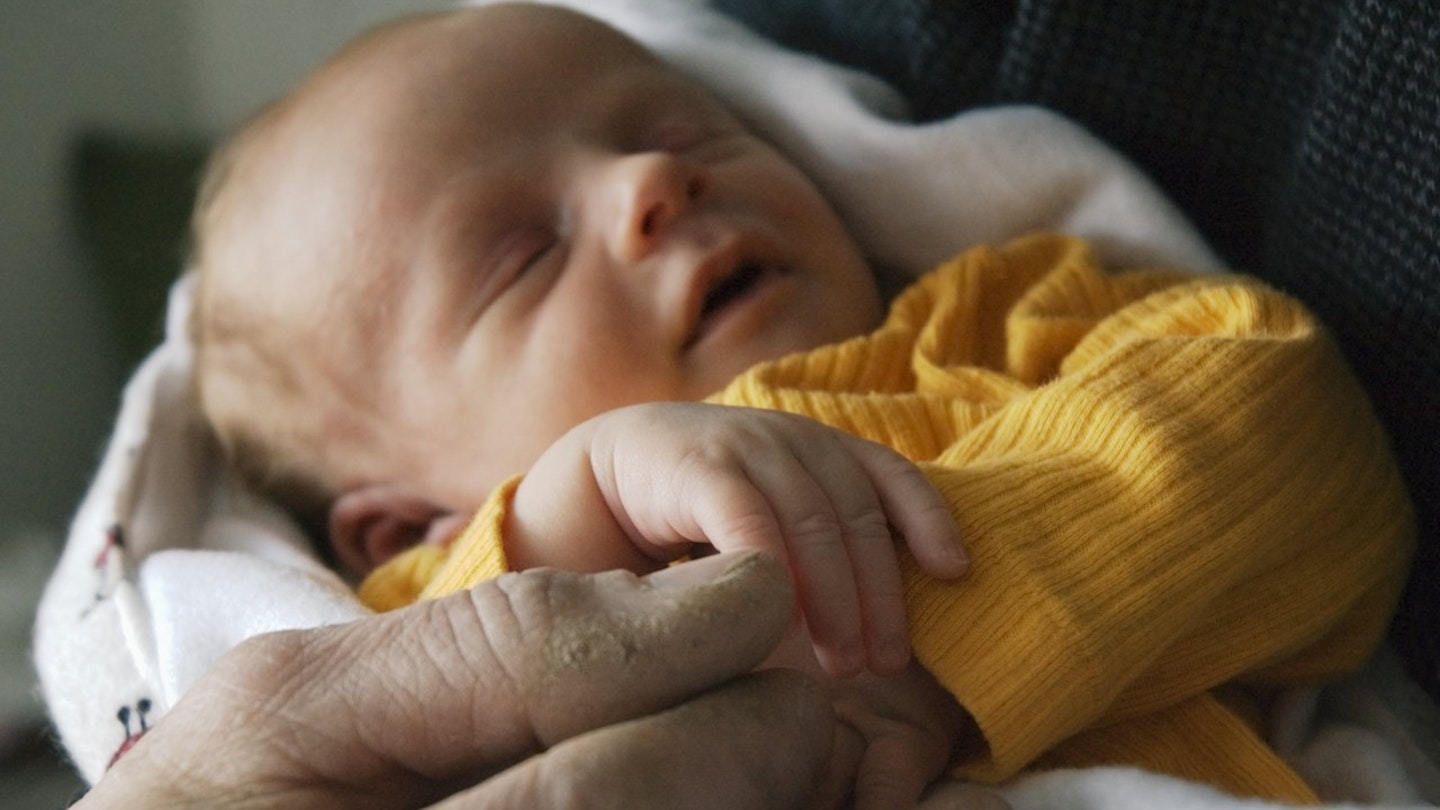Taking home your premature baby is a major milestone, but you may well feel a little daunted by the extra care and responsibility your little one will need. But you’re not alone. You’ll be fully briefed on caring for your baby, and trained on any neonatal machines she may still need. There are plenty ways to make her feel comfortable and settled in your new home.
Oxygen and monitoring
A member of staff from the Special Care Baby Unit (SCBU) will order your baby’s oxygen, which will be forwarded directly to the home oxygen provider covering your area. They will then contact you to arrange delivery and installation to your home.
She may also need a home apnea monitor. Commonly used for preemies, this portable machine is used to monitor a baby's heartbeat and breathing, and her doctors will show you how to use it.
Keeping her warm
When your baby is premature, it may be more difficult to keep her warm. Use a cotton sheet and cotton blanket, adding another blanket if she needs a little extra.
Get a room thermometer and try to keep the room temperature between 18 and 21º Celsius (64–69º Fahrenheit).
‘Check your baby regularly to make sure she’s not too hot or cold – do this by feeling the back of her neck or tummy,’ says Jen Griffiths, family support officer for premature baby charity BLISS. ‘It’s normal for a baby’s hands and feet to feel colder than the rest of her body, though.’
Feeding and sleeping
Feeding your premature newborn doesn’t differ too much from feeding a full-term baby.
The only issue you may come across is that preemies tend to feed slower, so be prepared that it may take a while to get through the feed,’ says Jen.
But premature babies tend to have more active sleep than term babies so you can expect her to move around quite a lot at night. Just remember, this doesn’t mean she isn’t sleeping well. ‘Your baby is only coming home because the staff on the unit believe she is well enough to leave the hospital and that you are able to look after them,’ says Jen. ‘Trust their confidence in you.’
